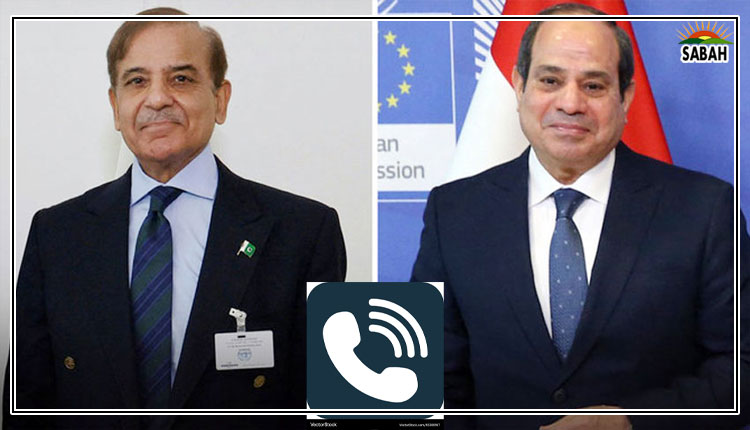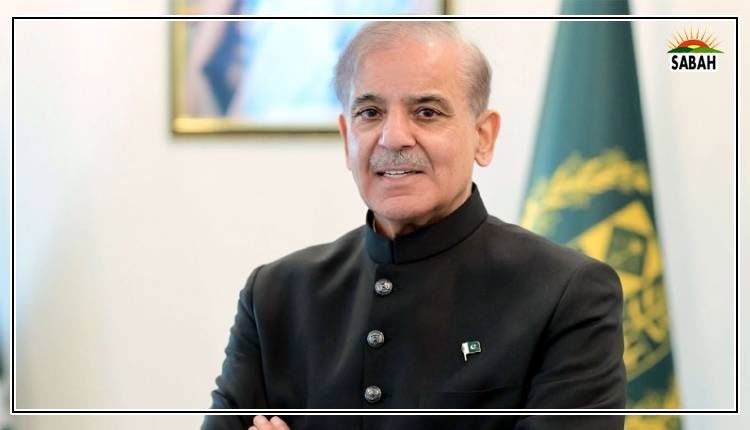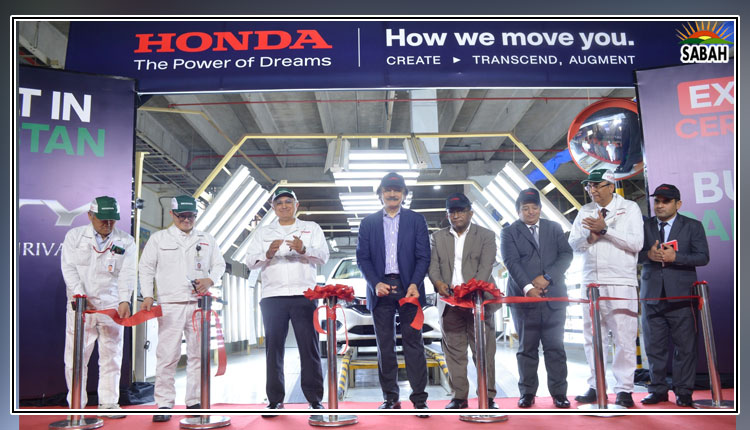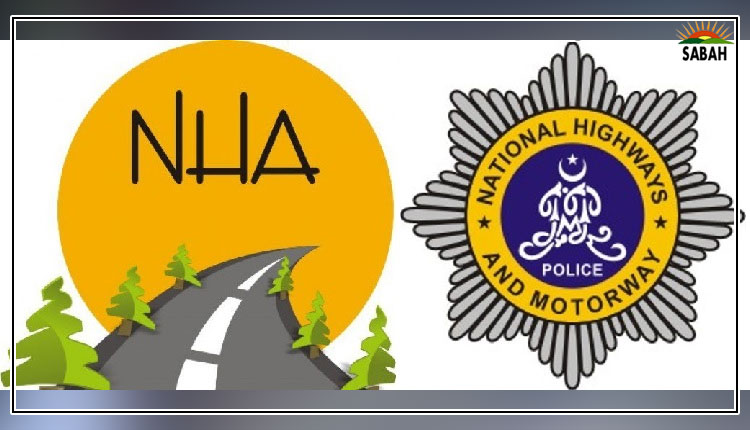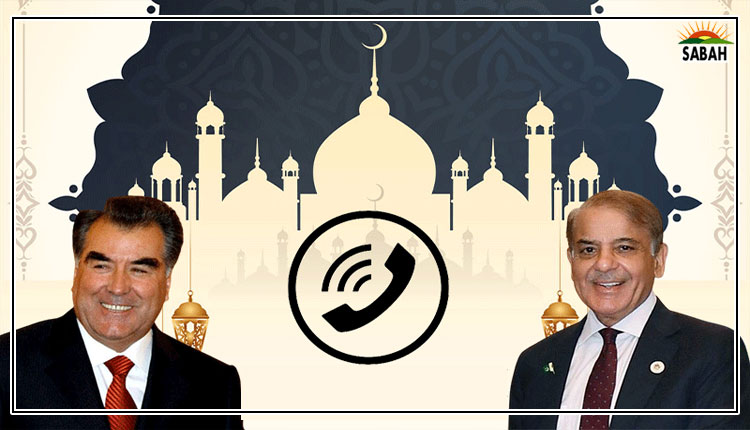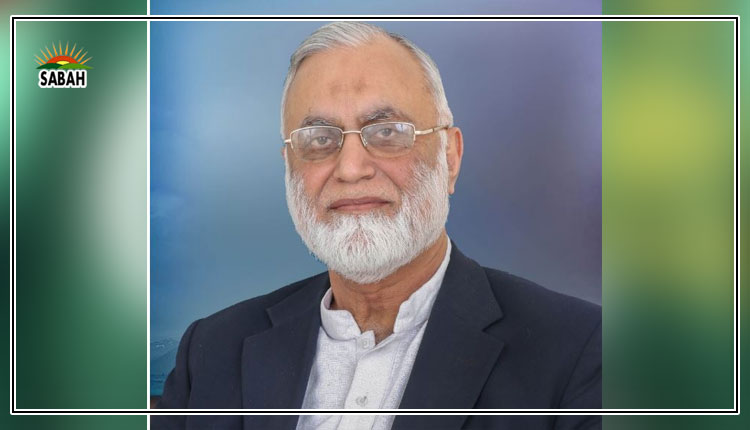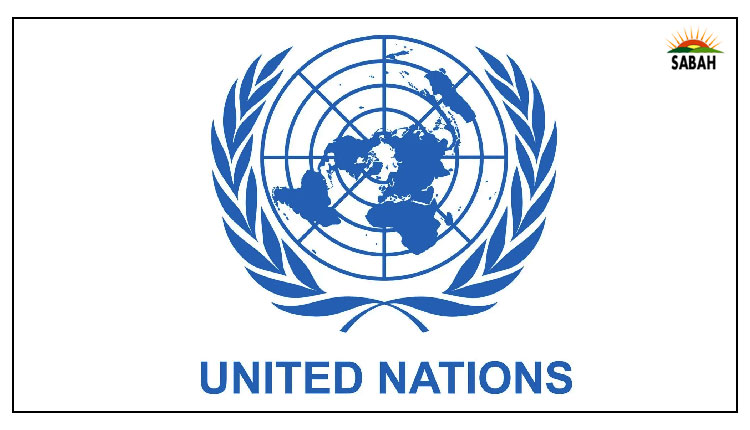There is no whiff of freedom in the air in Kashmir…Dr. Ghulam Nabi Fai
The seventy-sixth session of the Committee on Economic, Social and Cultural Rights (CESCR) began on Monday, September 9, 2024, in Geneva while the 57th session of Human Rights Council is also taking place. The 76th session will continue until October 9, 2024.
The 18 internationally known experts of CESCR have the responsibility to monitor implementation of its status. The Committee assesses the implementation and enforcement of CESCR while developing constructive dialogue with the members States of the United Nations.
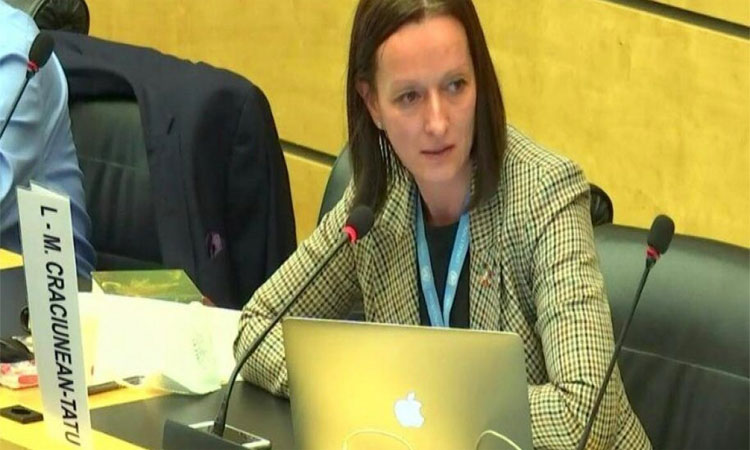
In its opening session, Wan-Hea Lee, Chief, Civil, Political, Economic, Social and Cultural Rights and representative of the Secretary-General emphasized the need to contribute to the promotion and protection of economic, social and cultural rights. She mentioned that the multiple challenges that loomed over today’s world, including conflicts and environmental challenges, and highlighted the importance of having a strong, productive and independent Committee.
The expert from Romania and the current chairperson of the Committee, Professor Laura-Maria Craciunean-Tatu said the Committee’s work would continue to contribute to an enhanced protection of economic, social and cultural rights around the world in these complex and challenging times, marked by multiple and overlapping crises, rising inequalities, and several ongoing conflicts.
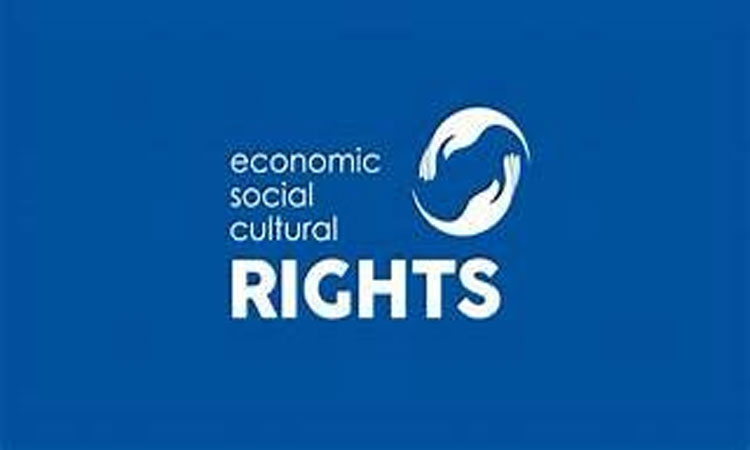
Dr. Ghulam Nabi Fai, Chairman, ‘World Forum for Peace and Justice’ quoted resolution 4 of February 21, 1977, of UN Commission on Human Rights which stressed the responsibility and duty of all members of the international community to create the necessary conditions for the full realization of Economic Social and Cultural Rights as an essential means of ensuring the real and meaningful enjoyment of civil and political rights and fundamental freedoms.
Dr. Fai added that Economic, social and cultural rights are the very basic and fundamental rights. We cannot conceive of progress, self-betterment, becoming masters of our destiny without first realizing these inalienable rights, including the right to development.
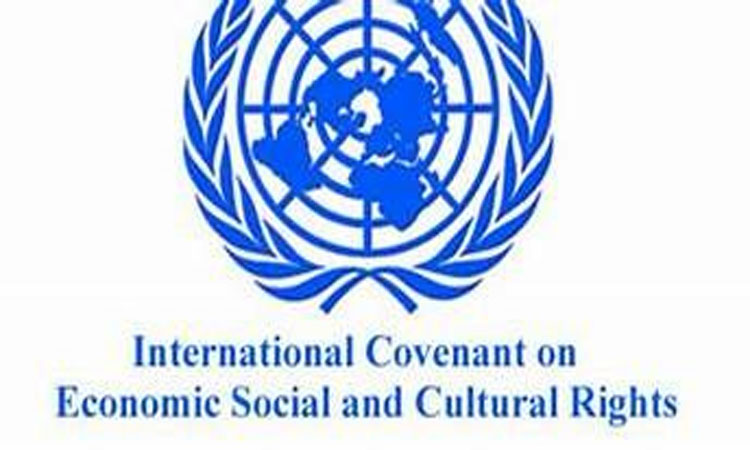
The universality of these rights has been recognized theoretically. Indeed, there exists a Covenant of ESCR but their attainment remains an elusive goal. The concept of international solidarity and cooperation for the realization of these rights so, is completely forgotten when we come to the question of economic development.
One of the issues that I would like the experts of CESCR to examine is the issue of the realization of right to development of peoples under foreign occupation or alien domination. It should, it is my belief, devise ways and means of monitoring the violations of the economic, social and cultural rights. One such situation is that of Kashmir where the civilian population has been languishing under the foreign occupation of India for the last more than seven decades. India has deprived its people not only of economic, social and cultural rights but also of civil and political rights. The people of Kashmir have yet to realize the right to self-determination despite being promised by the UN Security Council as early as 1948.
Today, Kashmiris are facing the brunt of draconian laws, like Unlawful Activity and Prevention Act (UAPA), Public Safety Act and others. If one dares to produce pamphlets or newsletters or uses social media that advocates the implementation of the UN resolutions calling for a plebiscite in Kashmir or speaks out against the human rights violations being committed by over 900,000 Indian military and paramilitary forces, s/he will be booked under UAPA. Under UAPA a person can be incarcerated up to 180 days without a charge sheet being filed. It does not allow right to dissent. The Amnesty International (AI) has said that UAPA has been used to “target journalists and human rights defenders who criticize government policies.” Because of these draconian laws, there seems to be no whiff of freedom in the air in Kashmir.
As an illustration, Khurram Parvez, Chairperson of Philippines-based ‘Asian Federation Against Involuntary Disappearances” was arrested by ‘National Investigation Agency’ of India on 22 November 2021under terror law, ‘Unlawful Activities Prevention Act’ (UAPA). Mary Lawlor, the United Nations Special Rapporteur on Human Rights Defender tweeted: ‘Khurram Parvez is not a terrorist. He is a Human Rights Defender.’ Khurram received 2006 Reebok Human rights Award in New York.
Time Magazine wrote that Khurram Parvez is one of the 100 most influential people of 2022. Amnesty International wrote on November 23, 2021, “The arrest of Kashmiri activist Khurram Parvez is yet another example of how anti-terror laws are being misused to criminalize human rights work & stifle dissent in India. Instead of targeting HRDs, authorities should focus on bringing accountability for human rights violations.” New York-based Human Rights Watch. Geneva-based The World Organisation Against Torture’ wrote that the arrest of Khurram Parvez is, ‘a really troubling development’ and called for the immediate release of Khurram Parvez.
Another case in point is that of Mohmmad Yasin Malik, Chairman, JKLF and one of the most recognizable political leaders of Kashmir, who was also arrested under UAPA. While as Narendra Modi says that Mr. Malik is a terrorist, he forgets that his predecessor, Dr. Manmohan Singh, then the prime minister of India invited Mr. Malik on February 17, 2006, for initiating a dialogue between the Government of India and the people of Kashmir.
Secondly, in 1994, a delegation headed by Ambassador Kuldip Nayyar was sent by Prime Minister P. V. Narasimha Rao, then the prime minister of India to meet with Mr. Malik in the prison. Ambassador Nayyar assured Mr. Malik that all cases will be dropped against him if he renounces violence which he did. Later, Ambassador Kuldip Nayyar wrote in Redfiff.com on August 7, 1999, ‘The first militant, Yasin Malik, who raised his gun at a public meeting in the heart of Srinagar, has turned nonviolent and vegetarian. Now he is a follower of Mahatma Gandhi.’
Mr. Bharat Bhushan, a seasoned Indian journalist wrote in ‘The Telegraph’ on February 4, 2007, “The president of Jammu and Kashmir Liberation Front (JKLF), one of the first to wield the gun in Kashmir, is today training youngsters in non-violent politics. He uses a curious mixture of religion — Sufism — and non-violence in an attempt to build a constituency for peace in Jammu and Kashmir.”
I appeal to the CESCR that it should not be completely oblivious of the right of development of the communities trapped in such situations, like Kashmir. A sincere effort towards the settlement of disputes in such areas can be the first necessary step for the protection of their human rights, including the Economic, Social and Cultural Rights.
I do believe that the resolution of the Kashmir dispute will bring peace, prosperity and happiness not only to the people of Kashmir but also to the entire region of South Asia which is one-fifth of total human race.
Dr. Fai is also the Secretary General, World Kashmir Awareness Forum.
He can be reached at: WhatsApp: 1-202-607-6435. Or. gnfai2003@yahoo.com
www.kashmirawareness.org


